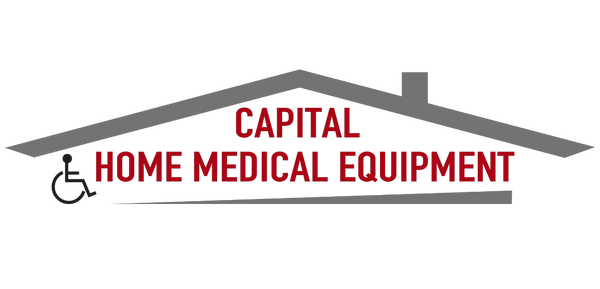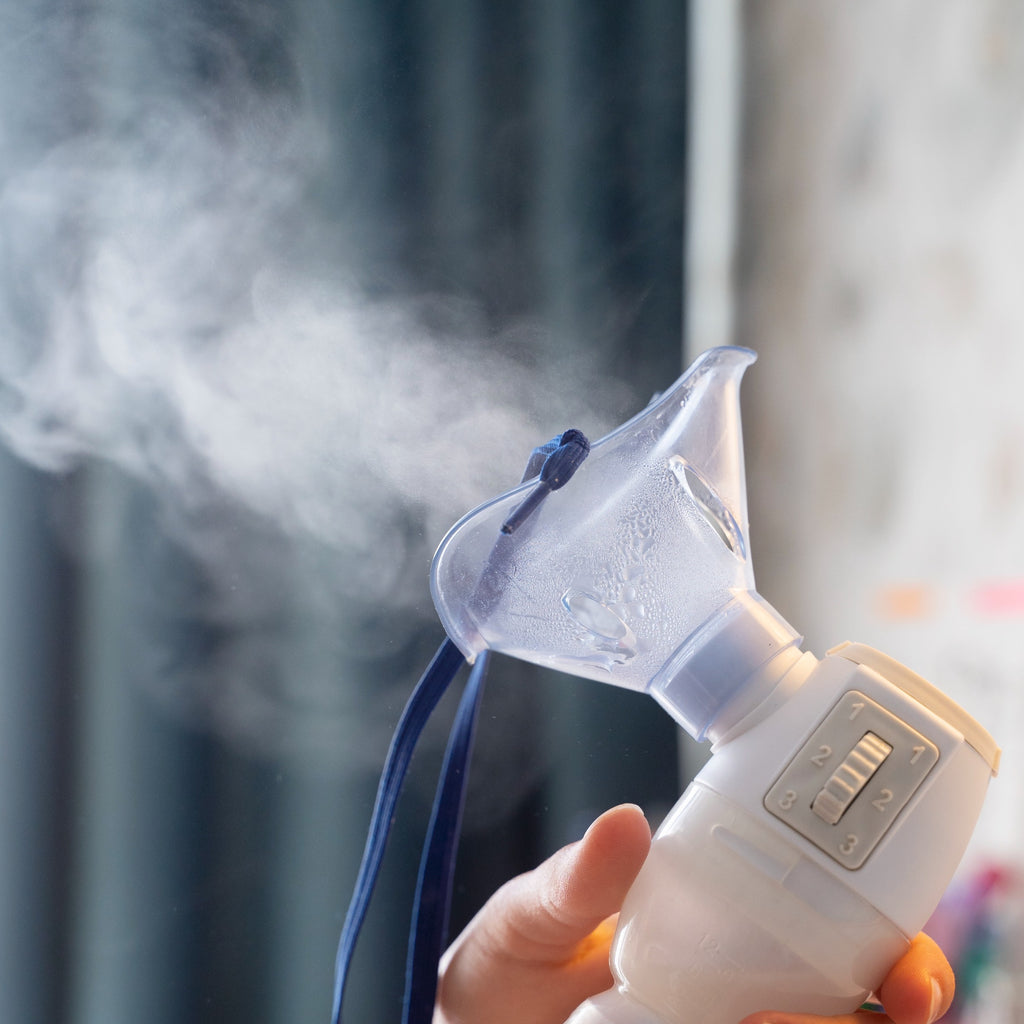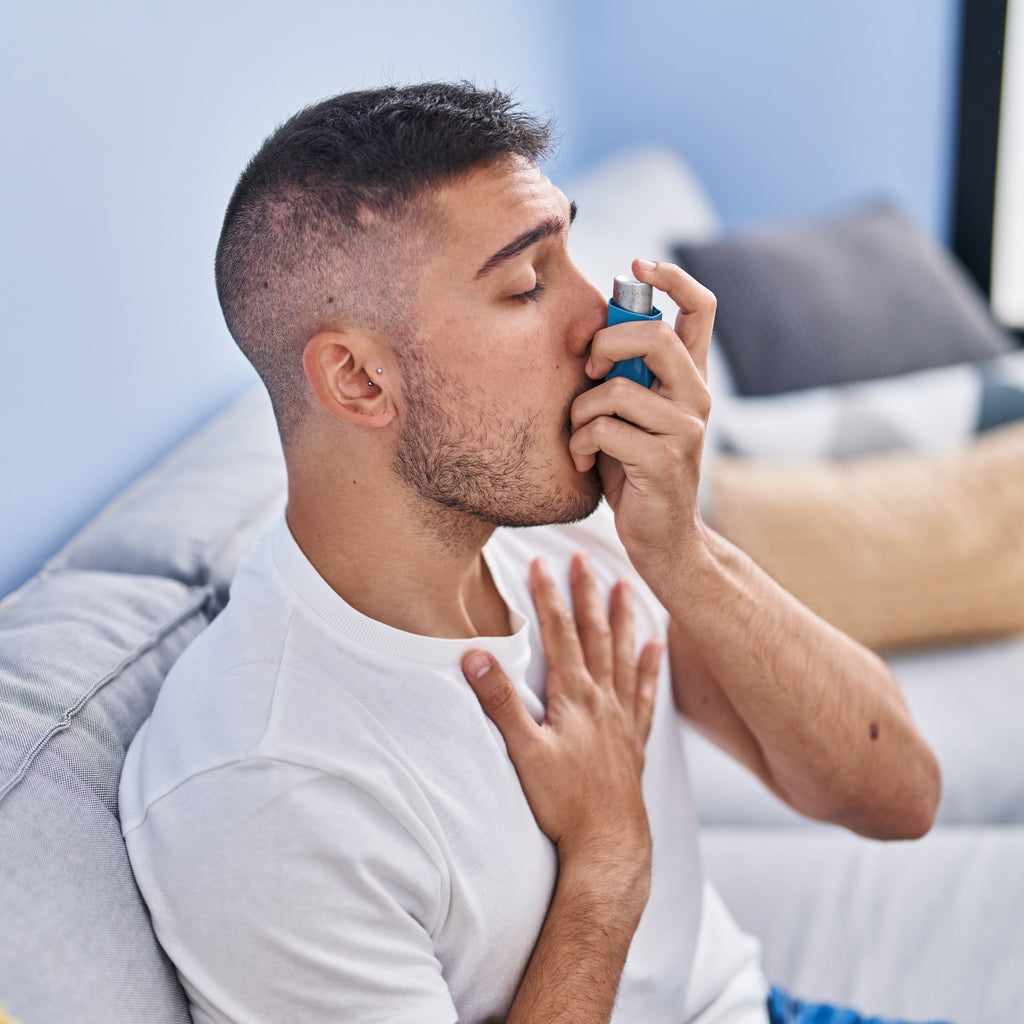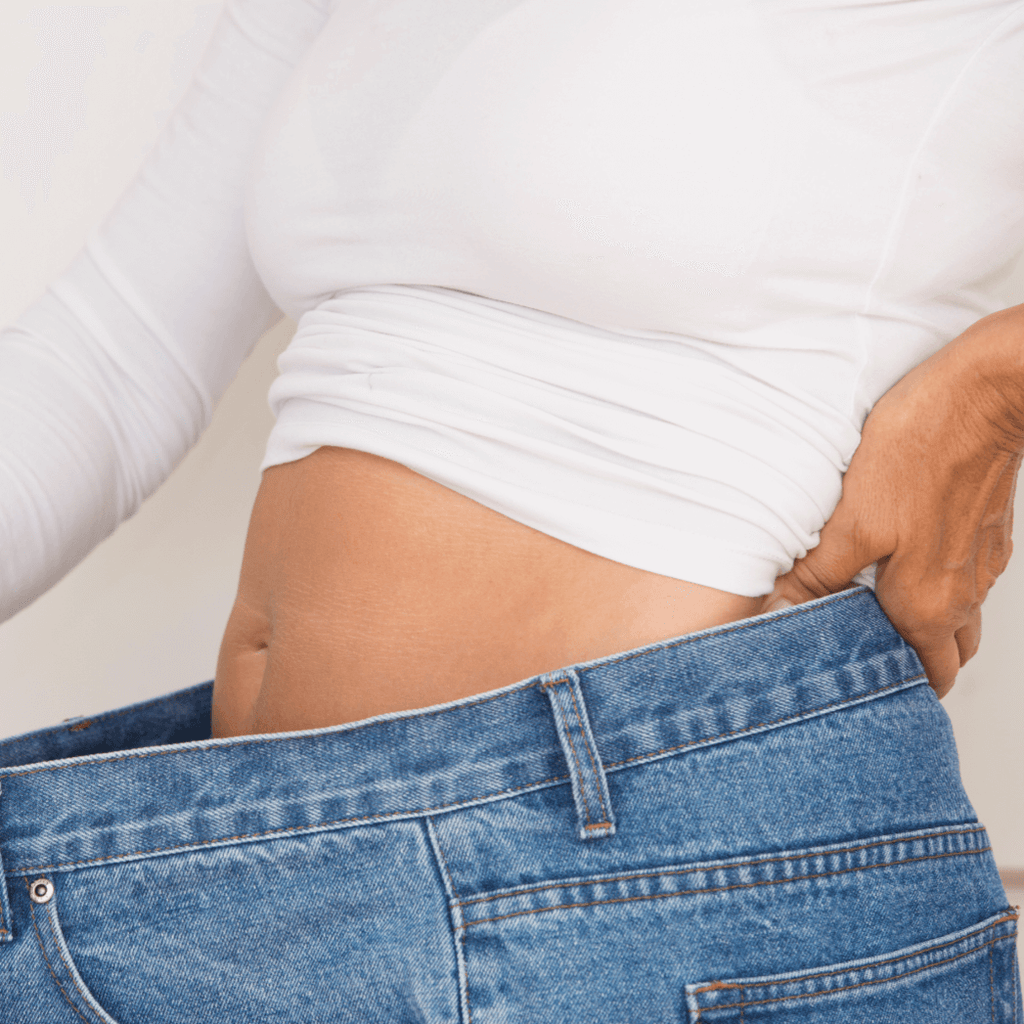ExciteOSA Scam or the real deal?
BY Rafael Mendonca, RRT & CMS Team
Sep 26, 2022
Snoring- Only considered a social nuisance when we dismiss everything else about snoring. To state snoring is a social nuisance would be an understatement at most.

The tip of the iceberg.
Icebergs are phenomenal naturally formed of huge floating blocks of ice. The only thing is, the phenomenal view is only the very tip of the iceberg and not nearly in its entirety. What we see is a small part of mother nature’s creation, the rest is submerged underwater and can be 3-10 times bigger than what is visible to us.
You’re probably wondering why I am talking about icebergs, after all this is a medical blog, not the discovery channel.
Truth is, snoring can, and more often than not does, resemble an iceberg. What we see is only the starting point of the health issues that will accompany your health later on in life. What was once thought of as a social nuisance has come to be a priority diagnosis for patients with a variety of health problems. and/or family history of health problems, such as persistent hypertension, diabetes, atrial fibrillation, strokes, heart attacks and generalized fatigue and insomnia.
Previously it was thought if you get diagnosed with sleep apnea you must get on CPAP machine. Although personally speaking CPAPs are not bad at all, there are now many more effective avenues for treatment. We will go through some of the treatment options
How can snoring affect blood pressure?
Snoring itself does not directly affect blood pressure, rather indirectly. Put simply, snoring is the tongue and/or the soft palate vibrating (opening and closing) in our throats. When we snore, we are creating restrictions to our airways preventing our bodies from taking the proper breaths we should be taking. In order to overcome the resistance in our airways, we technically need to create more effort. If we are able to create more effort for more airflow, it usually leads to something called Respiratory Effort Related Arousals (conscious or not). Not only that, but people tend not to overcome the increased resistance in our airways leading to less airflow per breath and overall reducing the amount of oxygen in our blood. This would cause cardiac stress, stimulate sympathetic response (Fight or flight), increase your blood pressure nocturnally and lead to increased bathroom breaks. The Key take-away here is that increased stress will lead to cardiac stress that will lead to elevated blood pressure due to the fight or flight response and may signal bathroom breaks throughout the night interrupting your sleep and natural release of Antidiuretic Hormone (ADH) throughout the night.

Persistent High Blood Pressure and snoring.
In a study done in 1993, over 80% of patients with persistent hypertension were diagnosed with moderate degree or higher of Obstructive Sleep Apnea. If blood pressure is not under control, sleep is a very important factor to consider investigating.
How can snoring affect Atrial-Fibrillation?
01.
Studies show that people that snore and have a mild to severe degree of obstructive apneas, are at a 50% greater chance of recurrent atrial fibrillation episodes if the sleep is left untreated. Snoring is at the root cause of many rehospitalizations due to atrial fibrillation.
02.
Did you know, to revert Atrial Fibrillation back to its original electrical activity a Synchronized Electrical Cardioversion would be needed? Every time we do this, we damage the myocardial cells to the point they may never function again. This is one main reason why doctors advise to get the sleep checked as it can reduce unnecessary hospitalizations and more often than not improves the overall quality of life of the patient.
Generalized Fatigue
This sounds the least worrisome but I would beg to differ. Driving or operating machinery when we are tired and sleep deprived is equivalent to operating machinery or driving under the influence. Sleep deprivation does not necessarily mean there was insomnia and inability to fall asleep or an overall short time sleeping. It means that the sleep quality, however long it was, was non-refreshing as there were physiological factors preventing the restorative sleep we need.
Treatments
ExciteOSA

A novel approach to treating sleep during the DAY TIME. Sounds too good to be true right? Well, good news- IT ISN’T and it is available here, now! Based on strong clinical evidence, over 80% of patients using ExciteOSA have shown reduction in the Apnea-Hypopnea Index (AHI), snoring and report improved restorative sleep.
ExciteOSA works by stimulating the tongue and essentially getting it ready for a marathon rather than a sprint. Using ExciteOSA has PROVEN to work on mild to moderate cases of sleep apnea and completely cease snoring with continual use of the therapy.
Only 20 minutes a day will keep the sleep apnea and snoring away
With the ExciteOSA there is no more need for night time therapy. Only 20 minutes a day will lead to a stronger tongue that does not collapse throughout the night.
We all have heard of the “Darth Vader masks” and the pessimistic view people have on using a machine overnight. Although I do not agree with that point of view I understand why people would not want to try it. But just a few key takeaways for CPAP therapy:
They are small and quiet machines
There are many different types of interfaces to choose from
They can be monitored and tailored to what YOU need
They are great for sinus health due to heated moisture and filtered air
CPAP Therapy

Oral Appliance
A device that is molded to your teeth by a Dentist that specializes in sleep medicine. A great alternative to CPAP therapy for night time use. Easy to use and portable.
Positional therapy
Lateral sleeping has long been the choice to sleep to reduce snoring. There are devices to make this process easier such as the Sleep Noodle.
EPAP systems
Expiratory Positive Airway Pressure devices. Hoseless, easy to use and proven efficacy. Some options are BongoRx and Optipillows



